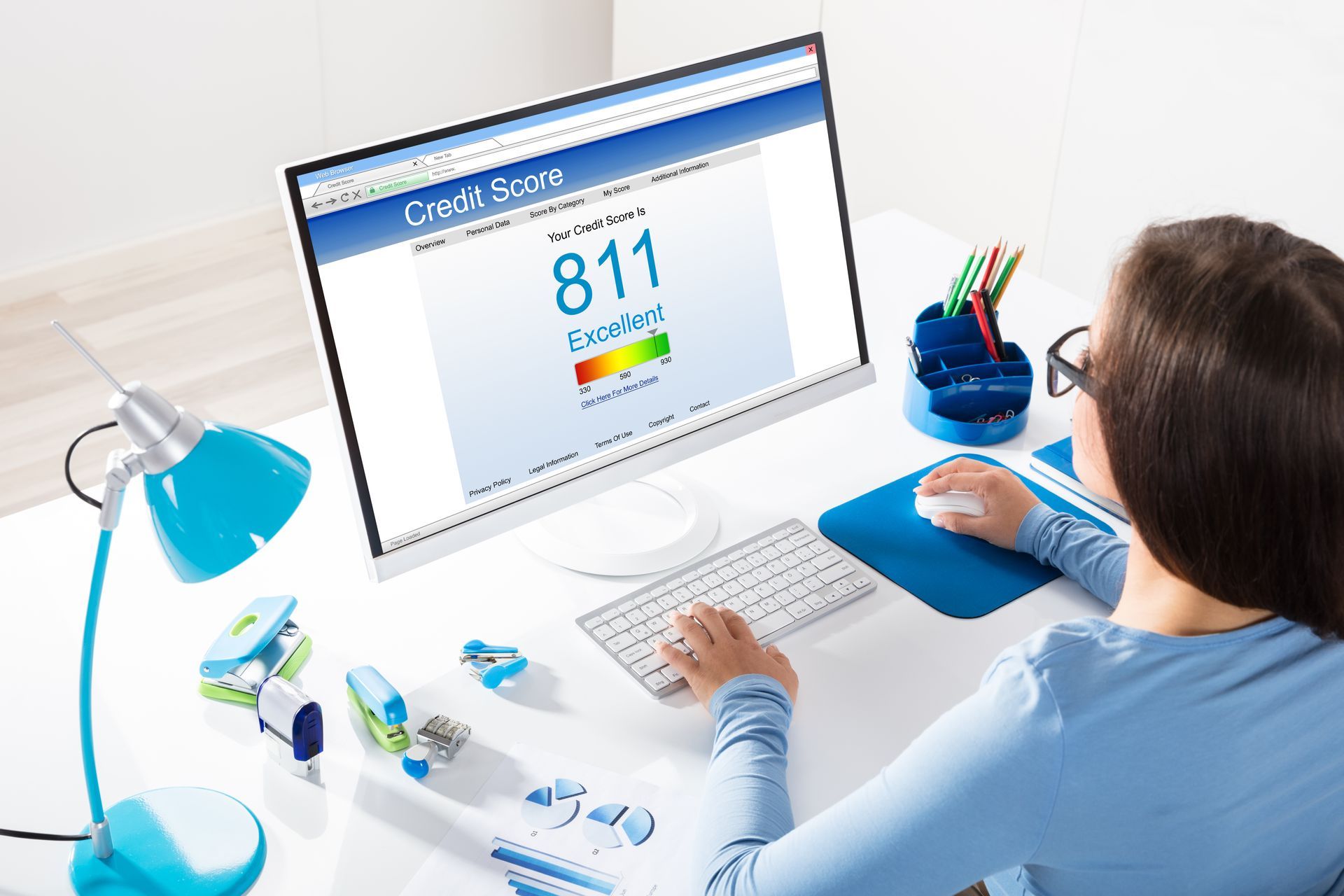One of the primary reasons to pay your bills on time is to protect your credit score.
The Equifax, Experian, and TransUnion, at least once a year. Review it for any errors or discrepancies that could negatively impact your credit score.
Paying bills on time is a crucial aspect of managing your finances and maintaining a good credit score. Late or missed payments can have severe consequences and negatively impact your financial health. To avoid these issues, it is essential to make payments by the due date, whether it's for credit cards, loans, or utilities. Here's why paying your bills on time is crucial and how you can ensure timely payments.
One of the primary reasons to pay your bills on time is to protect your credit score. Your credit score plays a significant role in your financial life, determining your eligibility for loans, credit cards, and even rentals. Late payments can result in a lowered credit score, making it difficult for you to access credit in the future. Financial institutions consider your payment history as one of the most crucial factors when assessing your creditworthiness. Consistently paying your bills on time demonstrates financial responsibility and reliability.
Late or missed payments not only impact your credit score but can also result in additional fees and penalties. Credit card companies and lenders may charge late payment fees, which can accumulate over time and increase your overall debt. Moreover, missed payments can trigger higher interest rates, making your debt more expensive to repay. By paying your bills on time, you avoid these unnecessary expenses and save money in the long run.
To ensure timely payments, it's essential to be organized and keep track of your due dates. Here are a few strategies you can implement:
1. Set up reminders: Utilize calendar applications, mobile apps, or email alerts to remind you of upcoming due dates. Set these reminders a few days in advance, allowing you enough time to make the payment.
2. Automate payments: Many banking institutions offer online bill payment services that allow you to automate regular payments. This convenient feature ensures that your bills are paid on time, even if you forget to manually initiate the transaction.
3. Create a budget: Establishing a monthly budget and allocating funds for bill payments can help you stay organized and ensure that you have enough money set aside for each payment.
4. Prioritize payments: Understand which bills are most critical and prioritize them accordingly. While all bills should ideally be paid on time, ensuring that crucial payments such as rent or mortgage, utilities, and credit cards are made promptly is crucial.
5. Contact creditors in case of financial hardship: If you find yourself struggling to make payments due to financial difficulties, it's essential to communicate with your creditors. Many financial institutions offer options such as payment plans or temporary relief programs that can help you navigate through challenging times.
Remember, the discipline of paying bills on time not only safeguards your credit score but also reflects your overall financial responsibility. It is a habit that should be cultivated for long-term financial well-being. By staying organized, setting reminders, and prioritizing payments, you can ensure that you meet your financial obligations promptly and protect your creditworthiness.
U.S. Gov Connect For Articles And Videos.
Please Update From Articles and Videos By Date.
Ecosystems By U.S. Gov Connect For Articles And Videos.
 Learn More
Learn MoreEcosystems provide essential services such as regulating air and water quality, pollination, and carbon sequestration. They include forests, wetlands, oceans, and grasslands that support an array of plant and animal species. These diverse ecosystems are not only beautiful and rich in biodiversity, but they also contribute significantly to the country's economy through tourism, agriculture, and other industries.
Finance By U.S. Gov Connect For Articles And Videos.
 Learn More
Learn MoreThe finance and investments sector in the United States is a critical component of the country's economy. As one of the largest and most developed financial markets in the world, the United States offers a wide range of opportunities for individuals and businesses to grow their wealth and invest their money wisely.
Legal By U.S. Gov Connect For Articles And Videos.
 Learn More
Learn MoreThe legal system in the United States is based on the principle of federalism, which means that power is divided between the federal government and individual state governments. This division of power is outlined in the Constitution, which is the founding document of the United States. The Constitution establishes a system of checks and balances, ensuring that no one branch of government becomes too powerful.
Health By U.S. Gov Connect For Articles And Videos.
 Learn More
Learn MoreIn the modern world, technology has revolutionized many industries, and the healthcare sector is no exception. One of the most exciting developments in healthcare is the use of Artificial Intelligence (AI) in providing health services. AI has the potential to transform the way healthcare is delivered and improve patient outcomes.
Science And Technology By U.S. Gov Connect For Articles And Videos.
 Learn More
Learn MoreScience and technology are two closely intertwined fields that have revolutionized the world we live in today. They have brought about countless advancements and innovations that have improved our quality of life and made the impossible, possible. From advancements in medicine to the development of advanced electronic devices, science and technology play a vital role in shaping our society.
Entitlements By U.S. Gov Connect For Articles And Videos.
 Learn More
Learn MoreThe United States offers a variety of programs aimed at providing support and assistance to its citizens. These entitlement programs, as they are often referred to, play a crucial role in ensuring the well-being and welfare of individuals and families throughout the nation. Let's explore some of these programs and their significance.
Harnessing the Potential of Government Artificial Intelligence.
 Learn More
Learn MoreArtificial Intelligence (AI) has become one of the most transformative technologies of our time, with the potential to revolutionize industries across the board. From healthcare to finance, education to marketing, AI is already making a significant impact on how businesses operate and how society functions.
Travel Of U.S.. Gov Connect
 Learn More
Learn MoreTraveling can be an exciting and enriching experience, but it also requires careful planning and organization, especially when it comes to essential travel documents. Without the proper paperwork, you may encounter obstacles or even be denied entry to your destination country.
U.S. Gov Connect Of Legal, Health, Finances And Ecosystems By Videos.



